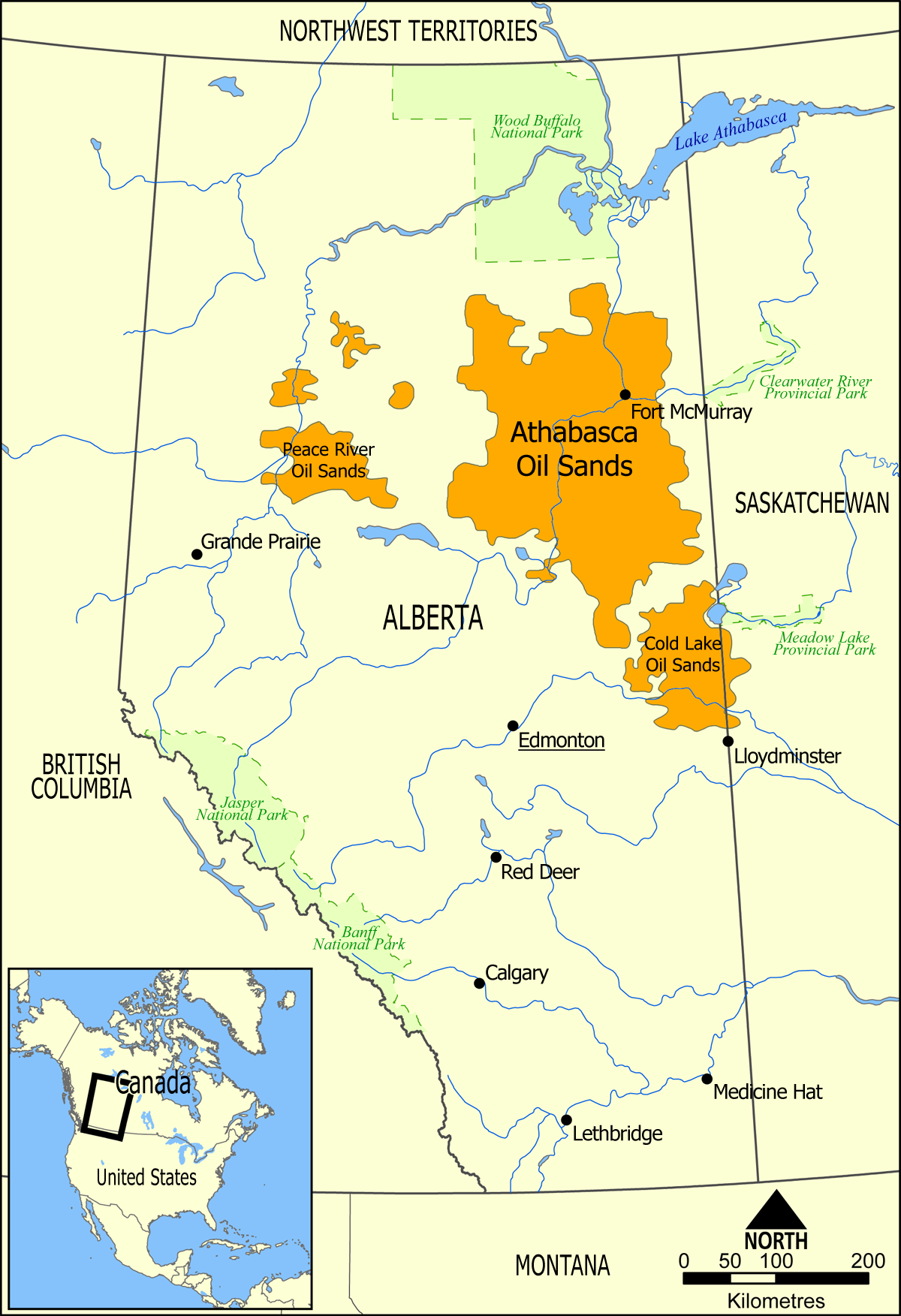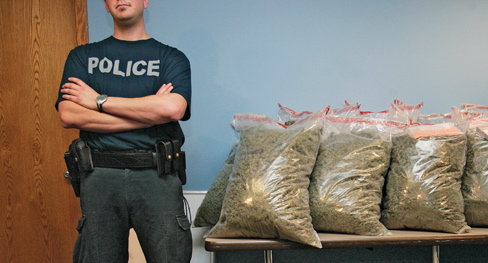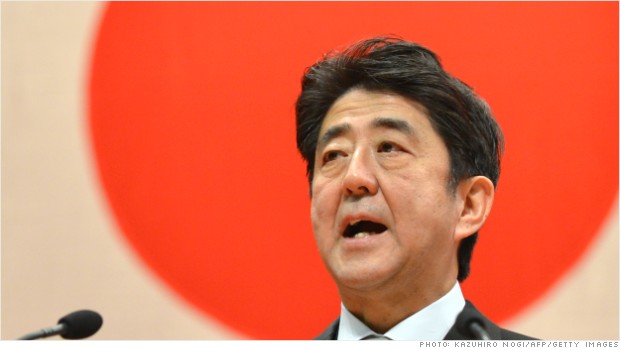Oil prices have continued to see a drop since last summer as an oversupply in the market has caused the price of crude to plummet, while major oil producers have yet to reduce the supply of oil. This has major implications for Canada and other countries with ambitions to develop resources such as Arctic oil and gas and oil sands. Canada has an economy largely based on Oil Sands extraction, and is also attempting to lay claim to its Arctic energy resources. Due to this, Canada is likely to be affected negatively by the drop in oil prices.
The energy sector accounts for nearly 10 percent of Canada’s GDP, and with crude oil accounting for over 40 percent of that, major drops in the price of crude oil threaten Canada’s economy. However, it is even worse than that. With normal crude oil production, producers could continue to operate with lower prices as they would continue to make a profit, but with oil sands production this is not necessarily the case. Oil Sands in Western Canada, specifically Alberta and Saskatchewan, make up over half of Canadian crude oil production.
Extracting oil from sand is a more involved, complicated, costly and dirtier process than extracting normal crude oil reserves. Rather than the usual drilling process, Oil Sand production requires that the oil sands be first removed from the ground and then processed so that they can be used. While there are several methods of doing this, each one comes at a greater cost, and with lower potential returns than conventional oil production. This means that to remain profitable Canada’s Oil Sand production requires high oil prices. In Canada, this means that projects that are in currently in production will become less profitable, while projects that are in development, or planned, could become infeasible.
Nonetheless, because most Oil Sands production is already underway and will remain profitable, production is unlikely to stop. The areas where low oil prices are likely to do the most damage are those areas that are yet to be developed and where the expected costs of production are likely to be very high. One such area is Arctic oil production. Arctic oil production, even in more hospitable areas of the far north, is expected to require oil prices of USD 100 or above. With oil prices currently below USD 50 per barrel, any plans for Arctic drilling in the near future might be cancelled or delayed until prices rise. This is especially true with the low profitability of these resources currently. For example, Shell has already been facing difficulties with its operations in the Arctic waters near Alaska due to the high costs resulting from harsh Arctic weather.
While a decrease in Arctic oil production will come at some economic cost for Canada and the United States, it is actually Russia which is likely to suffer the most. This is because Russia has made large investments in developing Arctic oil production, and laying claim to Arctic oil resources. Russia sees developing Arctic oil production as a key national interest, as the energy sector makes up a large portion of Russia’s GDP. Oil and gas exports make up 50% of revenue for Russia’s federal budget, and 70% of its exports, so maintaining access to oil and gas is a vital national interest.
This dependence on energy revenue also means that Russia must maintain oil production levels as existing oil fields become depleted. For this reason Russia has been developing the Arctic, as its West Siberian oil fields, the source of most of its oil production, are becoming depleted. Russia’s strategy to compensate for this has been to start the development of Arctic oil reserves, and lay claim to areas likely to hold oil and gas deposits. However, if oil prices remain low for an extended period of time, this strategy will become infeasible economically, leaving Russia in a precarious situation.
Unfortunately for Russia, and anyone relying on plans to develop expensive Arctic oil resources, oil prices are likely to remain low into the near future, because there is an oversupply of oil in the market. Many producers will have to leave the market or decrease their production. However, the only single entity that can independently reduce its oil production enough to cause a significant increase in the price of oil is the Organization of the Petroleum Exporting Countries (OPEC), and currently OPEC appears to have no plans to do this. With Saudi Arabia, OPEC’s largest oil producer, able to maintain oil production at current prices for years to come, oil prices will most likely remain low until marginal producers are forced to leave the market, reducing the supply in the market.
This means that Canada and Russia are in difficult waters. Canadian Oil Sands production will become less profitable for the near future, and firms to develop Canadian Arctic oil will likely postpone their plans. Nonetheless, Russia, with its economy’s high dependence on oil and natural gas, and its reliance on Arctic oil to replace declining Siberian oil production, is most vulnerable to low oil prices, and will suffer the political and economic costs of declining oil revenues.






